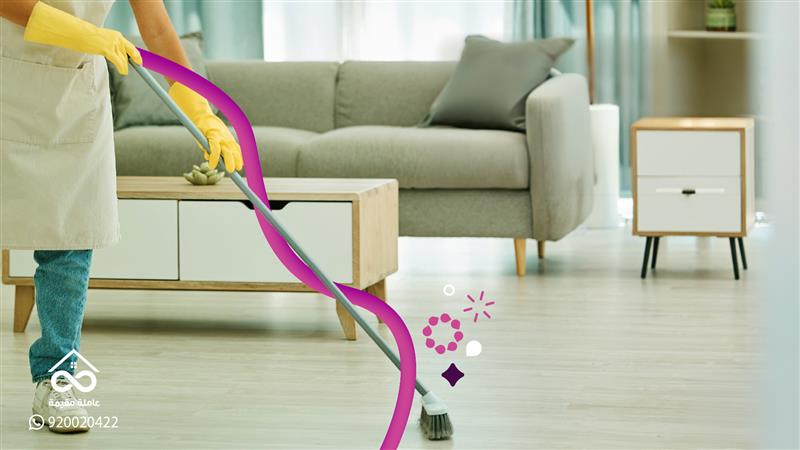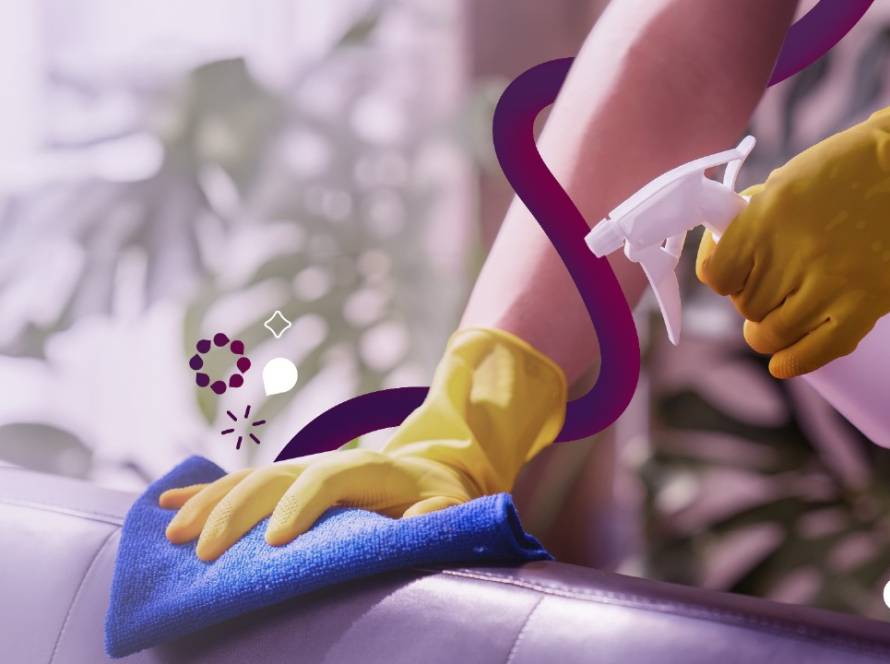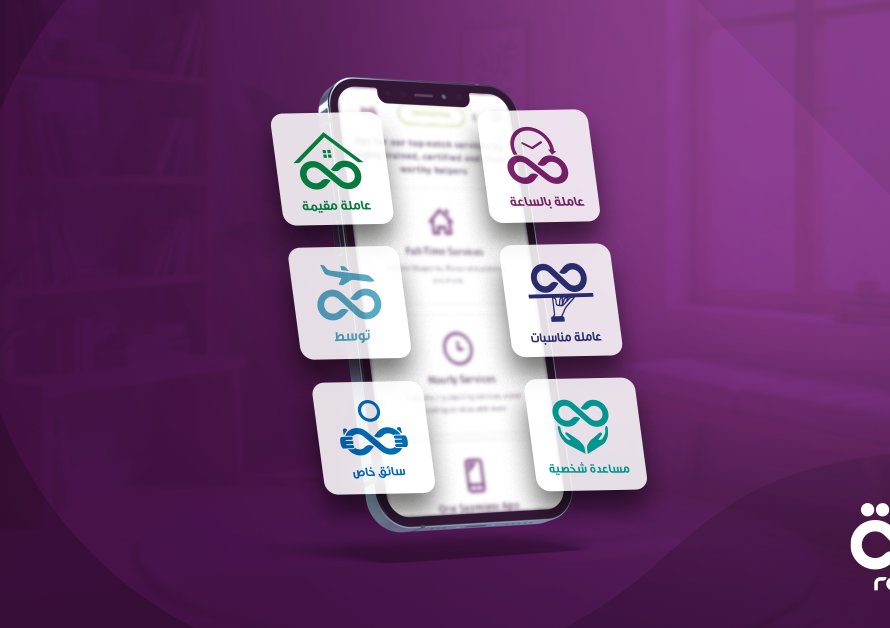On a long journey of home recovery, your loved ones can have a type of support that makes them accept medication, adapt to their medical condition, and make their journey easier and faster. It’s an advantage to receive that support professionally, such as through therapeutic communication strategies, which are easy to learn and apply. Let’s know more.
What is therapeutic communication?
Therapeutic communication is a style of communicating with the patient/elderly person that promotes his physical, mental, and emotional health, using verbal and non-verbal methods that help build a strong relationship with the patient, solve his problems, and listen to him compassionately. It shortcuts medical treatment efforts when the patient’s family members and personal assistants acquire therapeutic communication techniques by learning and practicing.

How important is therapeutic communication during treatment?
Therapeutic communication includes a set of strategies, such as listening and using humor, that create a positive atmosphere and help understand the needs of the patient or elderly, build a strong relationship, and provide the appropriate support. It also leads to improved clinical outcomes and shortens the journey to recovery.
Here are 10 therapeutic communication strategies, easy to learn and apply, that can also help in the short run if you decide to hire a personal assistant by month:
- Use humor
Humor is a very effective therapeutic communication strategy, it relieves stress, establishes a strong relationship with the patient, and creates a positive atmosphere for recovery.
Laughter positively affects heart function, expands blood vessels, and increases heart and breathing rates, as well as oxygen consumption, within a short time. The patient moves into a relaxation state, and it’s an even more effective strategy than exercise. What else can the laughter strategy do?
- Watching funny videos activates the sympathetic nervous system (SNS).
- Laughter reduces levels of the stress hormone, cortisol.
- Laughter activates the mesolimbic dopaminergic reward system in the brain.
- Laughter increases levels of immunoglobulins A and E in the blood.
- It also boosts the levels of happy chemicals in the body (beta-endorphins).
Humor and laughter help patients feel more convenient and relaxed in the presence of the personal assistant, allowing them to adapt to their medical condition, and accept going through treatments. Patients who feel comfortable recover faster and respond to doctors’ instructions more easily.
- Share and accompany
When there’s a friendly presence between the personal assistant and the patient, that helps him adapt to his medical condition, that can happen by sharing meals, watching TV, or creating conversations about his personal interests. Providing companionship and support can help the patient feel better much faster.
- Enhance self-motivation for recovering
Show patients that you value their opinions in solving their own medical problems as well as personal ones: “What do you think you should do in such a situation?” This may motivate them to think about solving problems and taking responsibility for their medical condition, help them find solutions on their own, observe the development of their health condition, and enhance the success of the personal assistant mission.
- Observe and decently comment
Observing a change in a patient’s behavior or physical condition is an integral part of the personal assistant’s role. Commenting on that change decently, such as the differences in the patient’s mood or appearance, can make him feel cared about, and give him an opportunity to explain the reasons for this change, can also allow the home health care team to record observations and follow the medical treatment strategies most appropriate for him.
- Distract the patient’s attention
It is necessary to distract the patient from pain and stress to improve his overall health. This can be done by being positive, asking him/her about the closest family member to his heart, his closest friend, or his hobbies; or by seeing his old photos, and exchanging conversations and stories.
- Ask open-ended questions and listen to the patient
Ask questions that allow them to elaborate on the answer. Such as “How are you feeling today?” and “What are you thinking about?” This helps them provide more information. Here also comes how important “listening” is, to allow the patient to speak and relax and give him enough time to process his own information, lead the conversation, monitor what is happening in his environment, and express how he feels about it. That will help him feel more comfortable and shorten his medical treatment journey.
- Encourage positive behaviors
Highlighting positive behaviors the patient/elderly person exhibits and encouraging them to repeat these behaviors. Taking medications on time, for example, eating a full, healthy meal, and staying away from behaviors that negatively impact his condition. These are all behaviors that can be identified, stimulated, and encouraged for repeating and can improve the results of the entire treatment journey.
- Listen, interact, and respond
One of the best things you can do is listen carefully to the patient, respond to his complaints, and show support and sympathy. This can be done through body language, kind words, gestures, facial expressions, emotional responses, and assuring the patient that he can trust you to encourage him to constantly share thoughts.
- Imitate the patient’s expression
It’s common to have a personal assistant from another country or a faraway city, so it is important for the assistant to show respect for the patient’s religious and cultural background and to imitate his style of expression, like using the same words he repeats, for example, in order to help him feel accepted during the treatment. Demonstrating acceptance and building a bridge of communication at an early stage of the relationship, may help them be more open to receiving medication.
- Be honest, and behave normally
Be honest and show your true personality when communicating with patients, because building strong communication depends on trust. Showing your true personality to patients may encourage them to do the same, yet, when you overreact, the patient will probably do the same. Honesty and transparency may help patients feel more comfortable communicating with you.
Therapeutic communication can reduce the patients’ suffering, and make recovery easier. It’s essential for the patient’s families to be sufficiently aware of these strategies and to transfer this knowledge to the personal assistant to follow up with their patients, especially when hiring a personal assistant for a short-term, and receiving a new one every once in a while.
And because Raha always works at your convenience, you can now hire a personal assistant by month to take care of your loved ones and accompany them on their recovery journey. Raha provides you with personal assistants who are trained, experienced, and qualified enough to give continuous support professionally. Request your personal assistant from the Raha app now; download the app here.
Sources
- Oczkowski S. Virtuous laughter: we should teach medical learners the art of humor. Crit Care. 2015;19:222.
- Bennett MP, Lengacher C. Humor and Laughter May Influence Health IV. Humor and Immune Function. Evid Based Complement Alternat Med. 2009;6(2):159-164.
- Mora-Ripoll R. The therapeutic value of laughter in medicine. Altern Ther Health Med. 2010;16(6):56-64.
- 20 Communication Techniques in Nursing To Improve Care, by Ingrid Monteiro, last updated February 4th, 2023, Indeed.com







